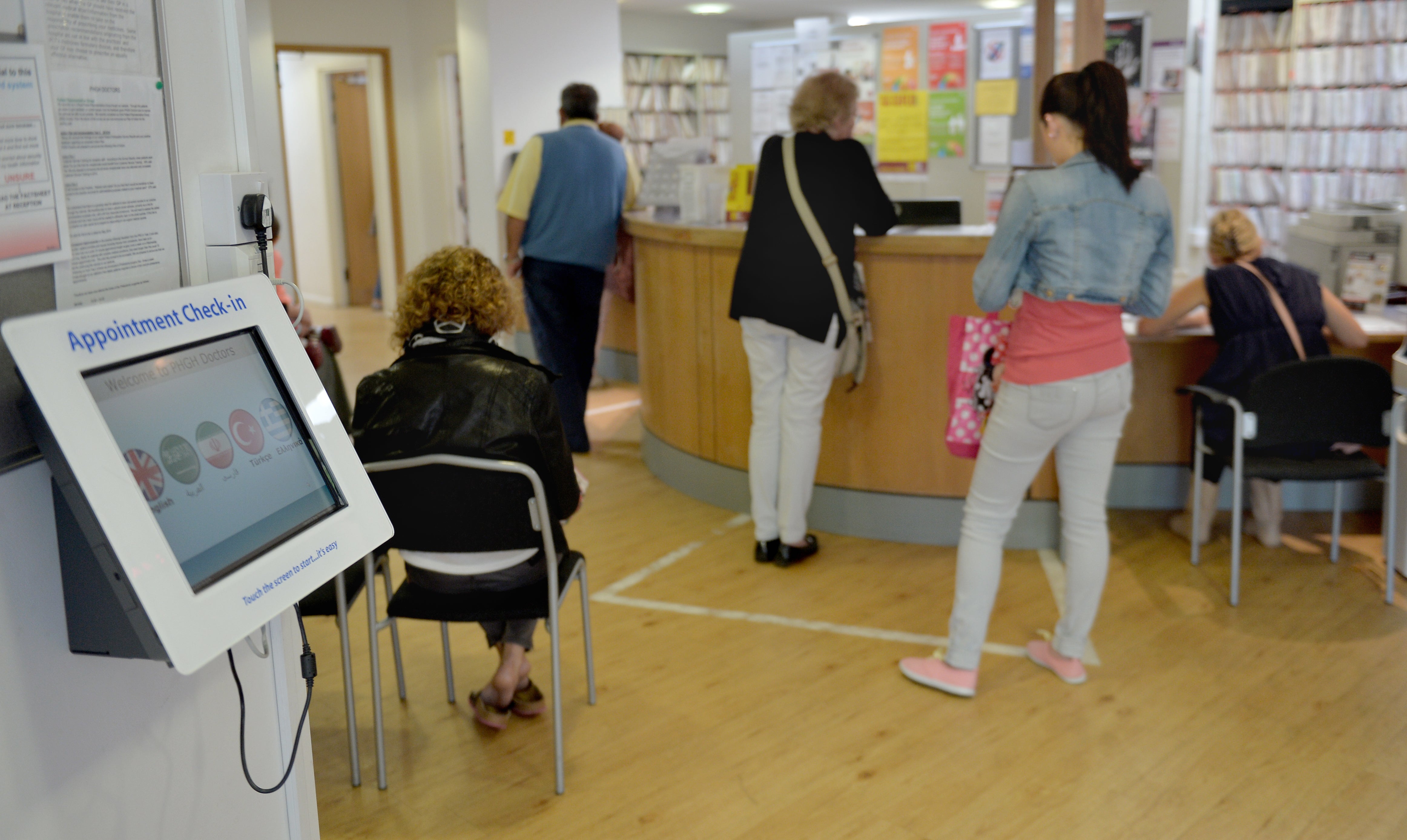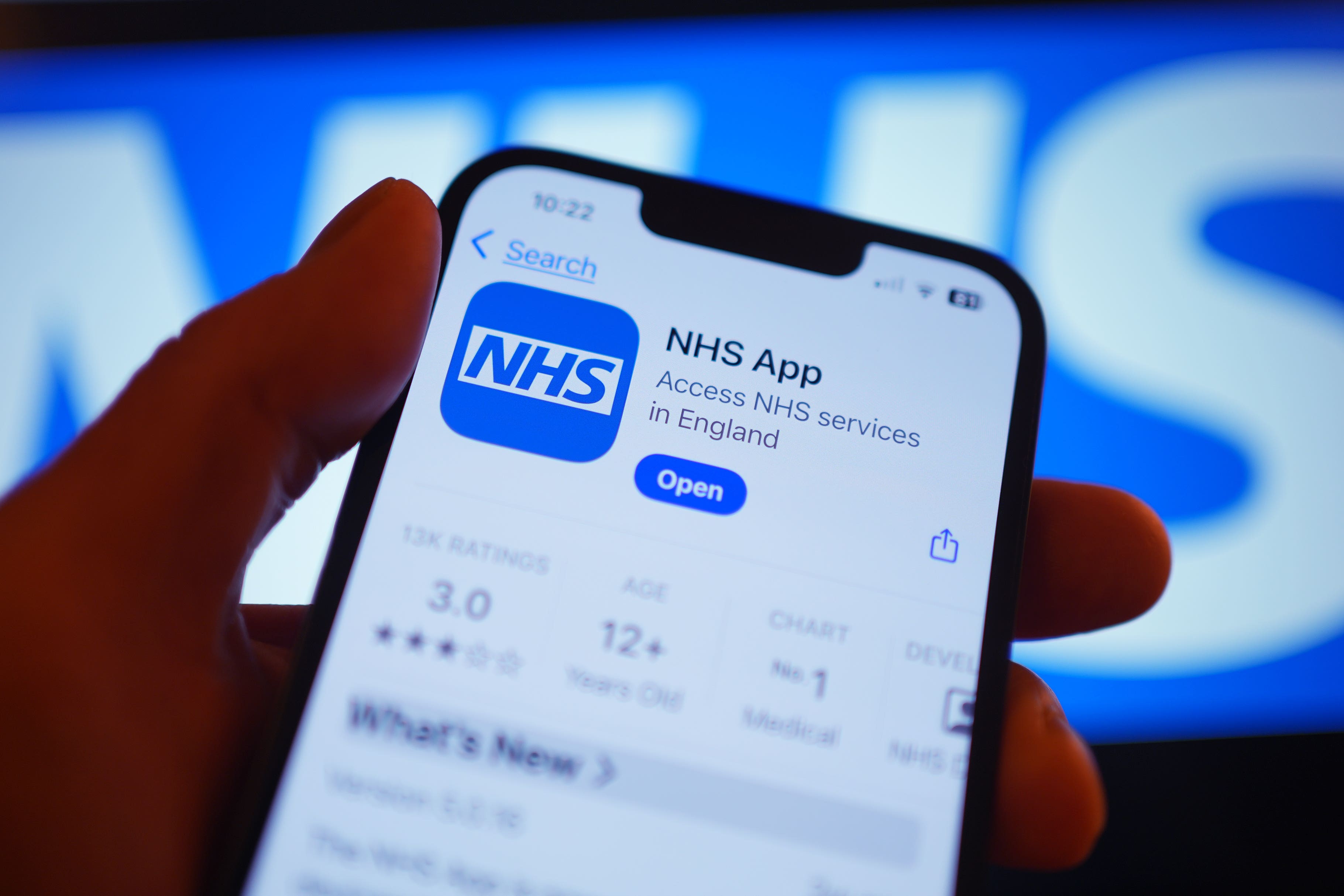Nearly half of the public believes the government's ambitious 10-year plan to overhaul the nation's health will either make no difference or exacerbate the difficulty of securing a GP appointment, a new survey has found.
The Ipsos poll, conducted for the PA news agency, also revealed that more than four in 10 respondents anticipate no improvement in A&E waiting times.
Despite this widespread scepticism, the blueprint has garnered significant support for several key proposals, including the establishment of neighbourhood health centres, the expansion of the NHS app, and increased mental health provision in educational settings.
Unveiled by Prime Minister Sir Keir Starmer earlier this month, the strategy aims to shift healthcare provision closer to people's homes, thereby reducing the current reliance on hospitals and emergency departments.
Central to the reforms are plans for an enhanced NHS app, designed to give patients greater control over their care, alongside new neighbourhood health centres slated to operate six days a week for at least 12 hours daily.
The plan also includes proposals for new legislation concerning food and alcohol, intended to proactively prevent ill health.

The survey, which polled 1,023 adults across Britain, specifically questioned public perceptions on how the plan would affect access to GP services, A&E waiting times, and routine hospital treatment.
Some 35 per cent said the plan will have no impact on getting a GP appointment, while 14 per cent believe it will make things harder.
This compares with the 29 per cent of people who said they think it will make getting an appointment easier.
More than a third (37 per cent) said it will make no difference to waiting times in emergency departments, while almost one in 10 (9 per cent), said they believe it could worsen waiting times, compared with 30 per cent who said it will improve them.
Meanwhile, 31 per cent said the plan will have no impact on waiting times for hospital treatment, 11 per cent believe the plan will worsen waiting times and 34 per cent said they think the measures will help.
However, a number of proposals outlined in the plan were strongly backed by the public.
Some 84 per cent said they supported the creation of a single patient record, while 78 per cent backed the creation of neighbourhood health centres, 73 per cent support the expansion of the NHS app and 72 per cent are in favour of more mental health support in schools and colleges.
However, more than a quarter (27 per cent) of people do not support making hospitals fully AI enabled, compared with 44 per cent who would back the move.
Almost one in five (18 per cent) said they would not support so-called “patient power payments”, which would allow patients to hold back some of the payment for their care if they are not satisfied, while 42 per cent would support the measure.

Some proposals aimed at helping people to lead healthier lives were also strongly supported.
A ban on the sale of high-caffeine energy drinks was backed by 78 per cent of people, while 69 per cent back plans to restrict junk food advertising.
However, almost one in five (18 per cent) tended to disagree with measures that could see alcoholic drinks labelled with nutritional information, although 57 per cent backed the move.
One in four people think the measures included in the plan will make no difference to patients, the poll found.
Almost one in 10 (9 per cent) said they think the changes will make things worse, while 35 per cent believe it will improve the health service.
A similar proportion, 23 per cent, said the 10-year health plan will make no difference to NHS staff, while 13 per cent said it could make things worse and 33 per cent believe it will have a positive effect.
A Department of Health and Social Care spokesperson said: “We’re getting on with the job of delivering for patients, with NHS waiting lists falling by 260,000 since July 2024, delivering more than 4.6 million additional appointments since the general election and recruiting over 1,900 extra GPs to fix the front door of the NHS.
“Backed by an additional £29 billion, our 10-year health plan will seize the opportunities provided by new technology, medicines and innovation to deliver better care for all patients, no matter where they live or how much they earn, and better value for taxpayers.
“It is no surprise the plan is popular with patients, it was the result of the biggest conversation with staff, patients and the public since the formation of the NHS, with more than a quarter of a million contributions.”
Ethics Commission launched and ministerial exit pay tightened in standards drive
Thousands of people with debilitating hayfever to benefit from new drug
Harvard is hoping court rules Trump administration's $2.6B research cuts were illegal
Farage pledges target to halve crime if Reform enter government
Coroner criticises French probe of cycling crash that killed wine firm boss

.jpg?w=600)





